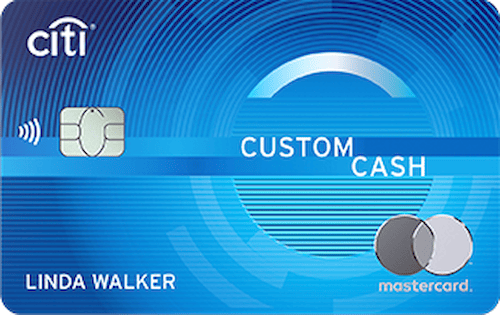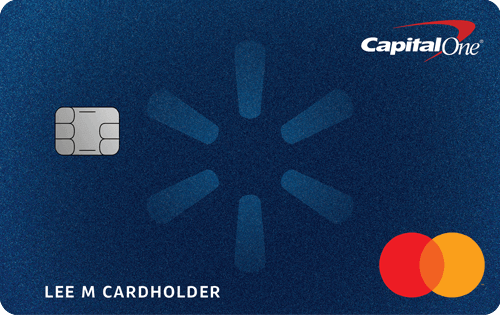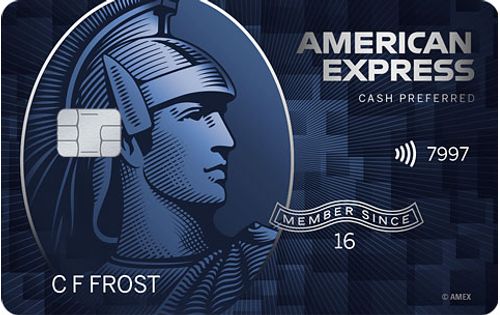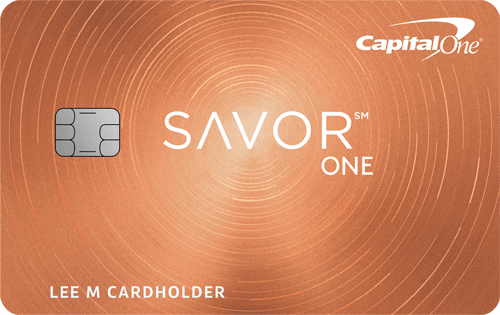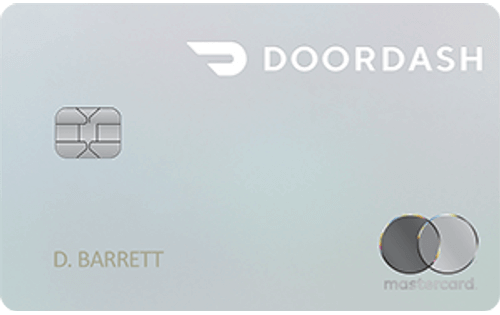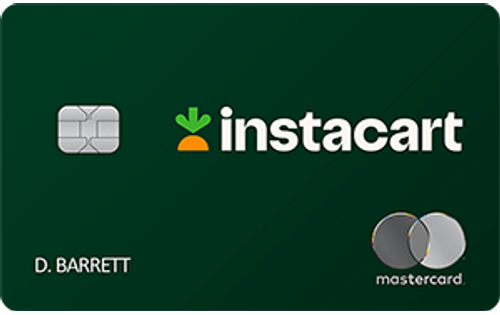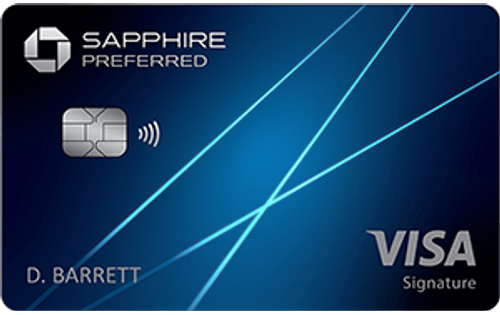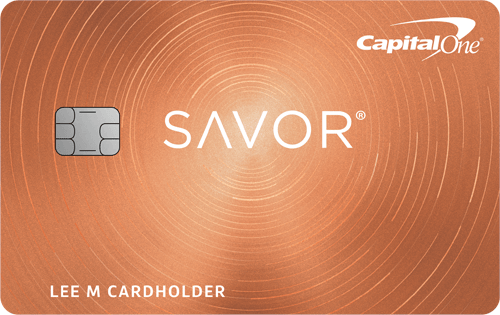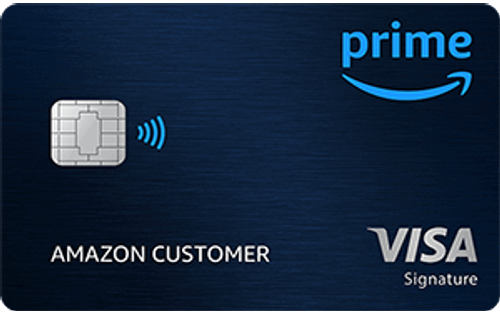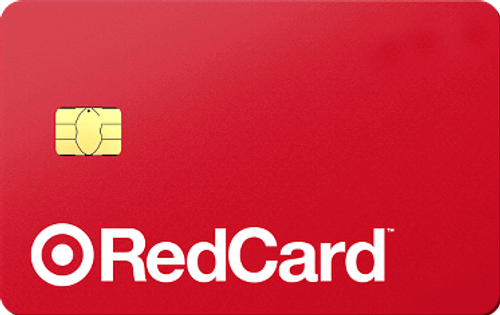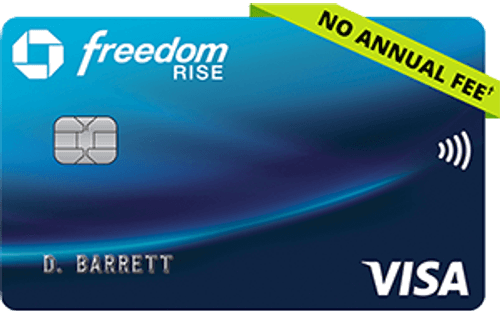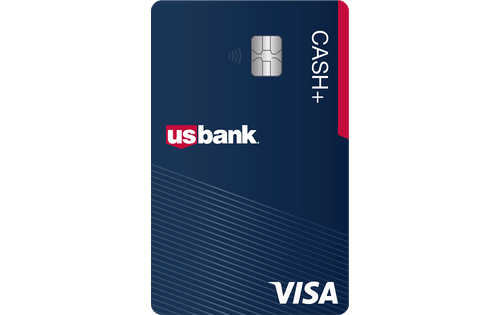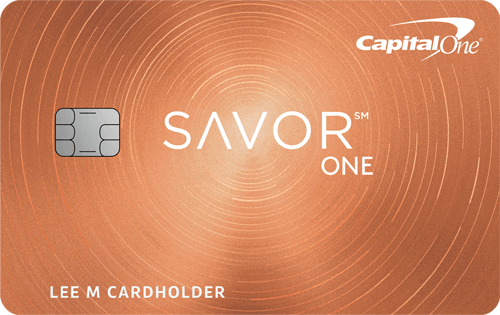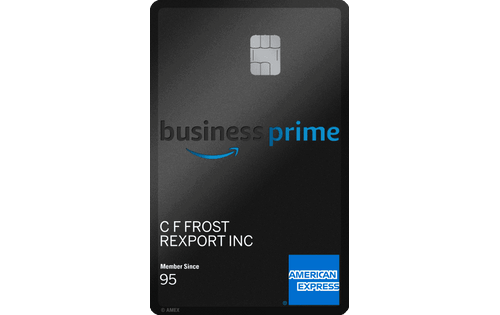- Best credit cards for groceries compared
- Methodology
- Sources
- Beginner’s guide to grocery credit cards
- About the author
- User questions & answers
- Expert opinions
Best Credit Cards for Groceries Compared
| Grocery Credit Cards | Best For | Annual Fee |
| Citi Custom Cash® Card | Overall | $0 |
| Capital One SavorOne Cash Rewards Credit Card (see Rates & Fees) | No Annual Fee | $0 |
| Capital One Savor Cash Rewards Credit Card * | Initial Bonus | $95 |
| Blue Cash Preferred® Card from American Express | U.S. Supermarkets | $0 intro 1st yr, $95 after |
| Chase Sapphire Preferred® Card | Big Spenders | $95 |
| Prime Visa | Whole Foods | $0 |
| Instacart Mastercard® | Grocery Delivery | $0 |
| Chase Freedom Rise℠ | Limited Credit | $0 |
| U.S. Bank Cash+® Visa® Secured Card | Bad Credit | $0 |
Methodology for Selecting the Best Grocery Credit Cards
In addition to selecting the best credit cards for groceries overall, we choose the top credit cards that combine grocery rewards with rewards in another popular spending category, such as dining out at restaurants or travel. Similarly, we take into account other valuable features, like initial rewards bonuses and 0% introductory APRs, when making these selections.
For cards that offer initial rewards bonuses, we include the bonus if a cardholder would earn it by spending an average of $700 per month for up to four months. And for our heavy-spender category, we double the expected spending. Any other bonuses past the four-month mark that require spending to earn are included in calculations if the spending requirement can be met based on the standard spending assumptions we used.
Finally, given that everyone has to eat, not just people with good or excellent credit, we make sure to select the best credit cards for groceries for people of all credit levels. This includes students, others with limited credit, and people with poor credit.
Sources
WalletHub actively maintains a database of 1,500+ credit card offers, from which we select the best grocery credit cards for different applicants as well as derive market-wide takeaways and trends. The underlying data is compiled from credit card company websites or provided directly by the credit card issuers. We also leverage data from the Bureau of Labor Statistics to develop cardholder profiles, used to estimate cards’ potential savings.
Beginner’s Guide to Grocery Credit Cards
Should You Use Your Credit Card for Groceries?
You should definitely use a credit card to buy groceries because you can save 1% to 6% on every trip to the store by doing so. You just need to make sure to pay the bill in full by the due date every month, to prevent expensive interest charges from wiping out your savings from rewards.
Debit cards and cash can’t compete with credit cards when it comes to rewards. Using a credit card is safer, too, as you’ll benefit from a $0 fraud liability guarantee and the fact that cash doesn’t immediately come out of your bank account when you make a purchase – like it would with a debit card. Plus, carrying a credit card is more convenient than always making sure you have enough cash on hand or in your bank account before heading out.
Learn more about the types of purchases it’s best to use a credit card for.
How Much Can a Grocery Rewards Credit Card Save You?
A grocery rewards credit card can save you up to $550 per year on groceries and as much as $1,400+ during the first two years overall, according to WalletHub calculations based on Bureau of Labor Statistics data for the average person’s spending habits.
The best cards offer 1.5% to 6% back at grocery stores and supermarkets, often accompanied by generous rewards for purchases in other categories as well as $0 annual fees. You may also be able to save a couple hundred extra dollars by meeting the spending threshold required to earn a card’s initial bonus.
Learn more about the benefits of a rewards card.
Types of Grocery Credit Cards
- Store credit cards tied to major grocery store chains – Just like popular clothing stores, some retailers that sell groceries have their own store credit cards. These cards only work at the stores they’re affiliated with, but they often have good rewards and $0 annual fees. Examples include the Walmart® Store Card and the Target Credit Card.
- Co-branded cards affiliated with major grocery store chains – Some stores that sell groceries have a credit card on the Visa or Mastercard network, allowing cardholders to use the card anywhere and earn grocery savings in the process. Examples include the Kroger Credit Card and the Costco Anywhere Visa® Card by Citi.
- Cards that give bonus rewards at most grocery stores – General-purpose credit cards that you can use anywhere may offer bonus rewards for purchases at pretty much any supermarket or grocery store. This is the most common and flexible type of grocery credit card. Examples include the Capital One SavorOne Cash Rewards Credit Card and the Blue Cash Preferred® Card from American Express, which always give eligible grocery purchases bonus rewards. Others such as the Citi Custom Cash® Card have rewards that can change based on your spending habits.
- Cards affiliated with delivery services – Some credit cards give you bonus rewards when you make purchases through grocery delivery services. Examples include the Instacart Mastercard® and the DoorDash Rewards Mastercard®.
- Other credit cards – Any credit card can be a grocery credit card in the sense that you can use it to pay for groceries. For example, you could use a card that offers 2% cash back on all purchases, including but not limited to groceries. One good option is the Wells Fargo Active Cash® Card.
Pros and Cons of Grocery Credit Cards
| Pros | Cons |
| 1% - 6% back in rewards | High interest rates |
| $0 annual fees in many cases | Potential to rack up debt |
| Options for all credit levels | Smaller bonuses than travel cards |
The right credit card basically gives you a permanent discount on everything you buy at the grocery store, and it doesn’t have to cost you a thing. The trick is to find a card with rewards that match up well with your spending habits and a credit score requirement that you satisfy, then use it responsibly.
Responsible use means spending only what you can afford to repay and paying the bill on time every month. If you pay your full statement balance by the due date every month, you won’t owe interest.
Learn more about the pros and cons of credit cards.
4 Tips for Picking a Grocery Credit Card
Much like the best deals at the grocery store, finding the right credit card for groceries can be tough. Here are some tips for making this shopping trip, plus those you embark on with your new card, as fruitful as possible.
- Check your latest credit score – You can’t seriously shop for a credit card until you know your credit score. The best rewards cards typically require at least good credit for approval, after all. If you don’t know where you stand, you can check your latest credit score for free on WalletHub.
- Consider your shopping preferences – Do you already have a favorite grocery store? Then you probably don’t want a credit card that forces you to commit to different one. How much do you spend on groceries each month? This may impact how rewarding some cards turn out to be. And the answer will help you decide whether it’s worth paying an annual fee.
- Decide how many cards you can manage – Odds are you’re going to spend money on more than just groceries. So if you only want one card in your wallet, you’ll need to consider more than a card’s grocery rewards and annual fee. On the other hand, if you want to use a collection of cards for specific purposes (i.e. the Island Approach), you can have a more limited scope.
- Compare non-grocery credit cards – Just because a credit card advertises grocery rewards doesn’t mean it’s necessarily the best credit card for groceries, and vice versa. So don’t forget to check how the best rewards credit cards – particularly the best cash back cards – compare for the types of purchases you plan to make.
